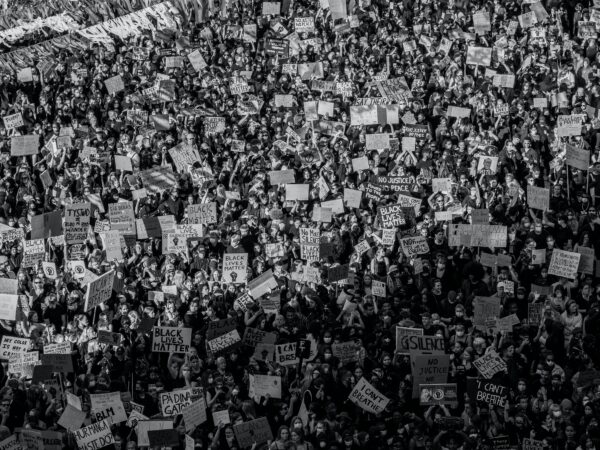
An occasional characterization of the Book of Haggai is that it is self-interestedly supportive of the ascendant Persian Empire. I elaborate on this description and then problematize it by demonstrating that this pericope reveals the prophet to be subversively mimicking the Achaemenid imperial metanarrative.

In the midst of a complicated and troubled world it may seem impossible to make a difference, and yet, the wish of a little Israelite girl says otherwise. The spirit of the young Israelite girl and her larger cadre of enslave servants to Naaman live on today in the resourceful actions and tireless work of so many influential youth in our world, those whose passion and will for change persist.

The story of Mary, Joseph, and Jesus is nothing but the story of people fleeing the violence of an authoritarian empire, though the glitter and celebration of Christmas may have muffled the brutal reality of migrants and refuges seeking sanctuary from death. It is in the midst of such imagined Christmas that the veracity of homeless migrants dying in choppy waters and people stuck in border detention camps waiting for a new future gives us a reality check. The violent empires may have faded but their legacies linger on.

To be personally acquainted with disownment and the discourse of death—simultaneously, from divergent communities—and still desire to be “servant of all” is, perhaps, one way to journey through death on the Way. Nevertheless, Jesus’ teaching to love neighbor and enemy is both beautiful and horrible, not unlike the Christ’s foretelling of his death on the way to resurrection.

Biblical stories about baptism are connected to, but also at odds with, historical theology about baptism as well as the current liturgical practices of baptism. Reading Matthew’s account of Jesus’ baptism together with contemporary theologies offers a glimpse of the radical solidarity of Jesus.
*This post originally appeared on the Politics of Scripture January 2, 2017.






